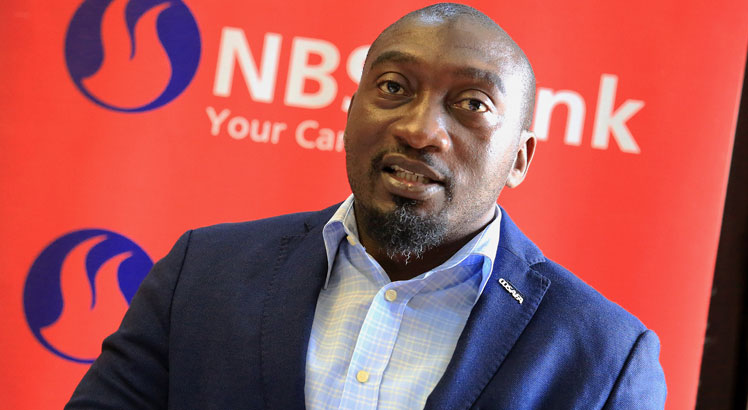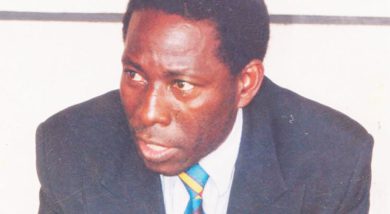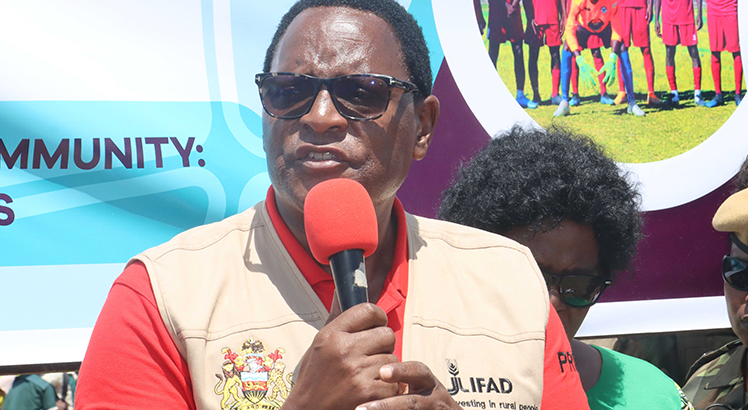Chirambo reshapes Malawi football
On a weekend when members of Christian religion were in Malawi as the rest of the world still celebrating the death of Jesus Christ who walked earth, the death of a young footballer reshaped the domestic football history.
The death on April 5 2015 of Big Bullets international left-back Douglas Chirambo, after a four-month futile battle against brain tumour only detected in the last week of his life, has paved the way for introduction of unprecedented players’ insurance medical scene.

A day after the body of Chirambo was buried at his Rumphi District home, last week, on Tuesday, Super League of Malawi (Sulom) treasurer Tiya Somba-Banda announced on Wednesday the signing of the scheme agreement with the Medical Aid Society of Malawi (Masm).
“The medical cover is under Sulom group scheme. This entails that a club can choose to cover players or the technical personnel as long as it does not exceed the maximum number of 30. The cover includes football-related injuries sustained on the pitch among other ailments,” explained Banda.
Banda claimed groundwork had been laid well before Chirambo’s death. But there is no doubt, the death fast-tracked the action.
Now from this season, each club would have to remit K54 000 per month for the scheme which is mandatory, thereby ensuring that footballers access medical care.
For the first time footballers will be undergoing medical check-ups to ascertain their health. Previously, lack of such tests cost the lives of gems such as Patrick Mvula of Bullets and John Banda.
But never has the death of a footballer shaken domestic football foundation like that of Chirambo whose casket was placed right at Kamuzu Stadium’s centre circle where he led Bullets to victories, then the VIP Stand where he lifted trophies.
With just nine caps, Chirambo was more of a club star than a national one. He played for a club with a biggest following and he epitomised Bullets’ struggles.
How else do you describe a 25-year-old—at the time of his death—who donned the captaincy armband and even served as a coach when all coaches—at the peak of the financial struggles—deserted the team?
Chirambo, on the touchline after making himself coach, could tell his teammates befitting his uncle’s status such as Heston Munthali and James Chilapondwa: “mukusewela mbwelera (your performance is trash)”.
“I used to score more goals from Chirambo’s crosses and he was such a lively character,” Munthali mourned on Monday.
Those close to Chirambo say, he never entertained dull moments.
A Flames team manager regretted it when Chirambo told him point blank: “There is no life-member for Flames. Only Mjojo [Peter Mponda] is.”
Understandably, Chirambo’s death raised questions. Questions emerged as how could a football fraternity fail to source funds for his proper treatment. Sources indicate the tumour was triggered by some mental instability.
Questions and anger emerged during body viewing at Kamuzu Stadium on April 6 2015. Bullets family, clad in red, weeping and rolling on the artificial pitch, filed past the casket visibly so expensive for a player who struggled for K200 000 for brain scan.
And when the brown casket, which Football Association of Malawi (FAM) bought, was carried to the VIP, Bullets captain Fischer Kondowe triggered the outrage over players’ abuse.
“It is so sad Douglas had to die this way. My message to football administrators is that: do not use us players and dump us like hoes,” with that Kondowe, face buried in his palms, collapsed while sobbing uncontrollably.
FAM facility and transfer matching system manager Casper Jangale confirmed that clubs just make players sign forms confirming their health status without involving medical doctors.
“All this is enshrined in club licensing which will be rolled out at a minimal stage this new season and in full next season. Secondly, you cannot talk about players’ welfare when clubs are failing to meet basic government minimum salary of K15 000,” explained Jangale.
However, all this could have been avoided if in 2009 clubs had taken hid of the Lilongwe Declaration and, more recently, CAF Club Licensing which tackled all evils of Malawi football including players’ welfare.
In Malawi, the medical scheme may face the challenge of how to sustain it. Remittance to the scheme is supposed to come from gate takings. However, some teams earn less from games largely due to fraud.
Apart from the scheme, formation of a players association which for many years was provided for in FAM constitution, could handle issues of players’ welfare. However, despite efforts by individuals such as Mussa Sanudi, the players are the first to ignore such initiatives.
In England, the Professional Footballers Association (PFA) has an accident fund which provides “money to ensure that all contracted players are covered in the event that they suffer a specific injury or illness which results in their permanent total disability to play professional football.





